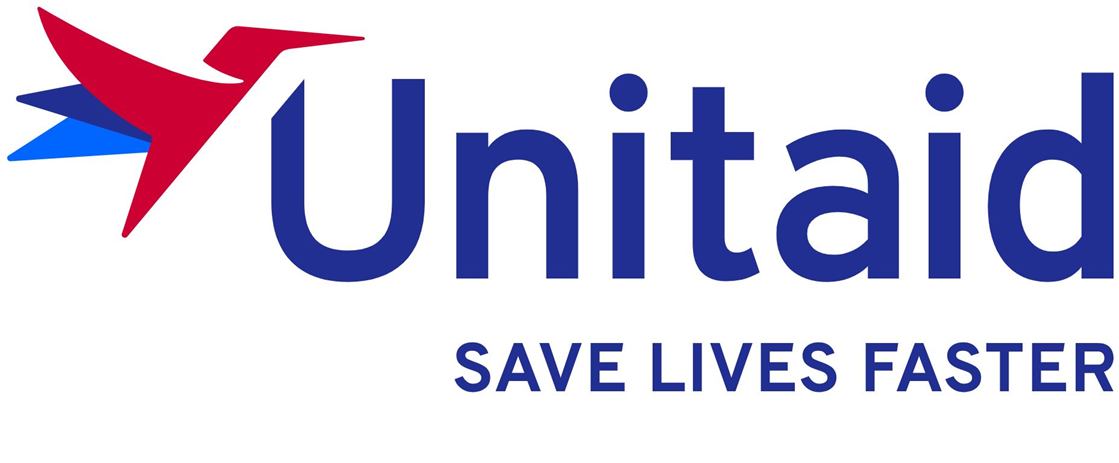ABSTRACT
We are not alone in welcoming the study by Kelly E Dooley and colleagues 1 that sheds light on the QT prolonging effects of the combination of bedaquiline and delamanid, two key drugs for the treatment of multidrug-resistant or rifampicin-resistant tuberculosis. Clinicians treating multidrug-resistant or rifampicin-resistant tuberculosis worldwide only recently started losing sleep over the fear of QT interval prolongation, a well-known adverse event of many drugs. A heart rate-corrected QT interval (QTc) of 500 ms or more increases the risk of potentially fatal ventricular arrhythmias, including torsade de pointes. 2 Despite the frequent, long-term use of QT interval-prolonging drugs, including moxifloxacin, which is used as a positive control in thorough QT studies, 3 ECG monitoring became routine during multidrug or rifampicin-resistant tuberculosis treatment only after the first phase 2 trials showed QT prolongation during treatment with bedaquiline and delamanid. These concerns initially led WHO to formulate conservative recommendations regarding their use in combination. 4 Many of these fears have since been dispelled by increasing evidence. 5 , 6 , 7 In particular, WHO guidelines, based on a review of data done in 2019 including the results of the study by Dooley and colleagues, showed no additional safety concerns related to this combination.
Access the full article here:
Resource type
Topics




